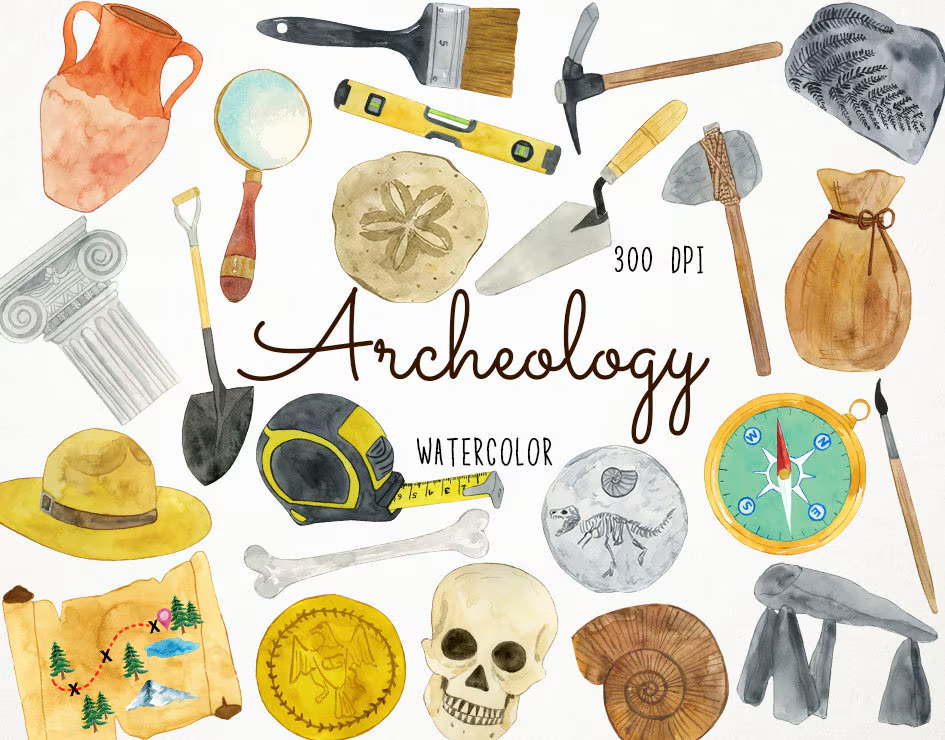Ph.D. in Archaeology: Introduction, Admission, Registration, Eligibility, Duration, Fees, Syllabus 2024

Introduction:
A Ph.D. in Archaeology is not just an academic pursuit; it’s a time-traveling adventure that allows you to touch the fabric of human history. This program is designed for those who are passionate about uncovering the stories etched in the remnants of past civilizations and contributing to the field with original research.
Admission Process:
- Application Submission: Candidates must submit a formal application, including a statement of purpose and a detailed research proposal.
- Academic Transcripts: A record of academic performance, especially in related fields such as history, anthropology, or archaeology.
- Letters of Recommendation: Strong endorsements from academic professionals attesting to the candidate’s potential for research.
- Interview: An interview with the department’s faculty to discuss the candidate’s research interests and academic goals.
- Writing Sample: A sample of academic writing, such as a master’s thesis or a research paper.
- Entrance Exam: Some institutions may require a standardized test or a subject-specific entrance exam.
Eligibility:
- Master’s Degree: A master’s degree in archaeology or a related field from an accredited institution.
- Research Experience: Prior research experience, including fieldwork or laboratory work, is highly regarded.
- Academic Record: A strong academic record with coursework relevant to archaeology.
- Language Skills: Proficiency in languages pertinent to the candidate’s area of research.
- Analytical Skills: Demonstrated ability to analyze and interpret archaeological data.
- Commitment: A demonstrated commitment to the discipline of archaeology and to the rigors of doctoral research.
Completion Time:
The completion time for a Ph.D. in Archaeology typically ranges from 3 to 5 years, depending on the scope of the research project and the pace of the dissertation work.
Career Opportunities:
- Academic Careers: Positions as professors or researchers at universities and colleges.
- Museum Curatorship: Roles in managing collections and organizing exhibits in museums.
- Cultural Resource Management: Positions in government or private sectors focusing on the preservation of archaeological sites.
- Consultancy: Advisory roles for archaeological and heritage projects.
- Publishing: Opportunities in editing and publishing scholarly works on archaeology.
- International Organizations: Roles in UNESCO or other organizations focused on heritage conservation.
Syllabus:
- Archaeological Theory: Study of the theoretical frameworks that guide archaeological research.
- Methodology: Training in the methods of field excavation and data analysis.
- Cultural Heritage Management: Principles of managing and preserving archaeological heritage.
- Specialized Area Studies: In-depth study of a particular geographical area or period.
- Material Culture Analysis: Techniques for analyzing artifacts and ecofacts.
- Archaeological Science: Application of scientific techniques in archaeology, such as radiocarbon dating and DNA analysis.
Internship Opportunities:
- Fieldwork: Participation in archaeological digs and field surveys.
- Museums: Internships in museum work, including exhibit design and public outreach.
- Laboratories: Experience in archaeological laboratories, working with material culture.
- Government Agencies: Internships with agencies responsible for cultural heritage.
- Non-Governmental Organizations: Working with NGOs on archaeological and heritage projects.
- International Projects: Opportunities to work on international archaeological projects.
Scholarships and Grants:
A range of scholarships and grants are available for Ph.D. students in archaeology, including university fellowships, government-funded scholarships, and private endowments.
FAQs:
What kind of research can I conduct?
Research can range from prehistoric archaeology to historical and underwater archaeology.
Is fieldwork a required part of the program?
Yes, fieldwork is an essential component of archaeological research.
Can I specialize in a particular region or time period?
Most programs allow for specialization in a specific area of interest.
What support does the university provide?
Support often includes academic advising, access to research resources, and career services.
Are there opportunities for teaching?
Many programs offer teaching assistantships that provide teaching experience and financial support.
